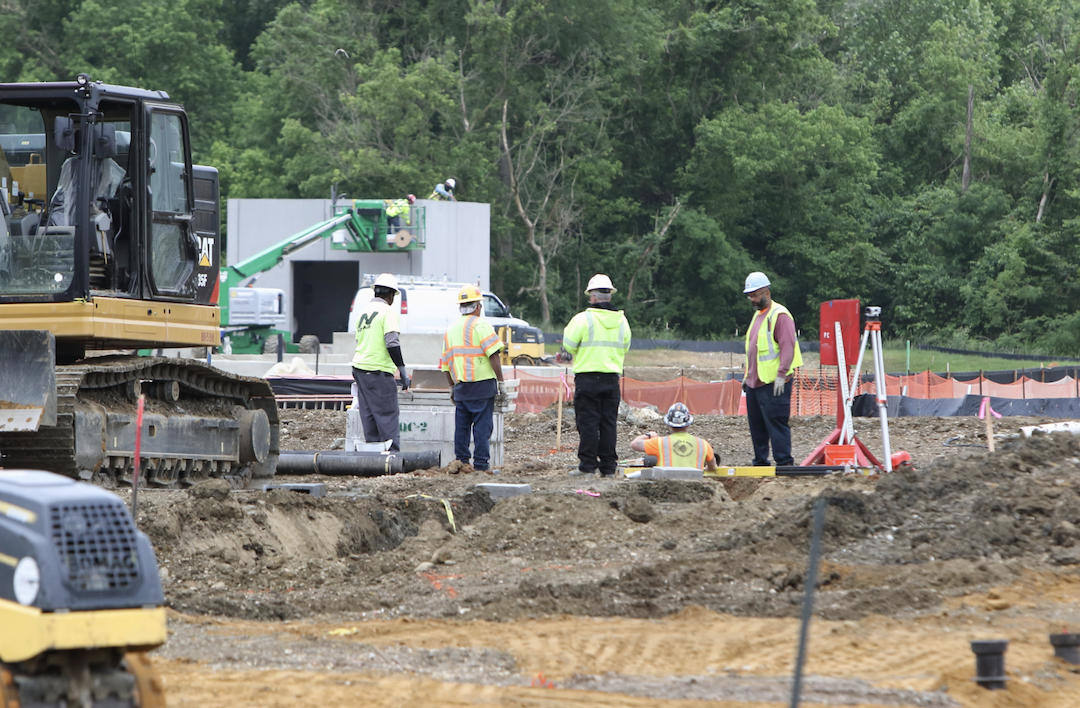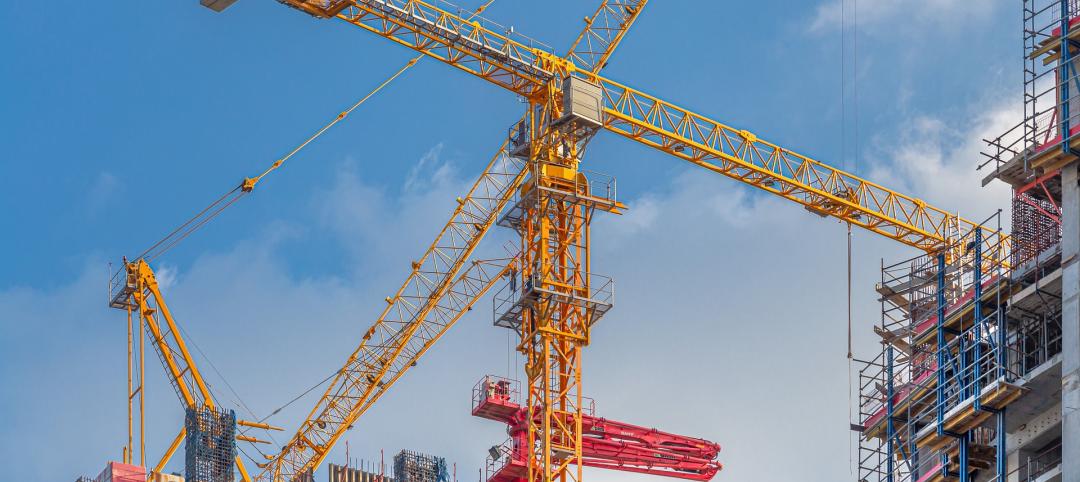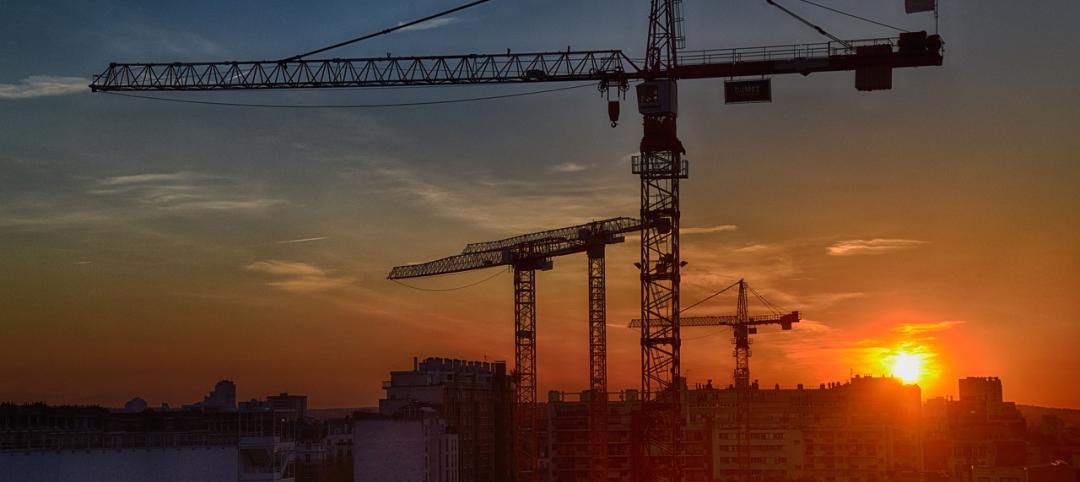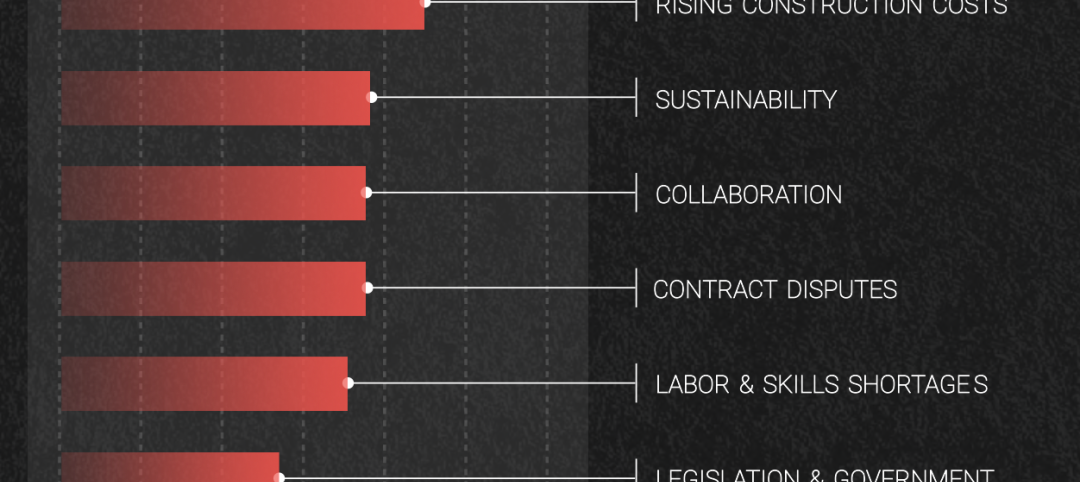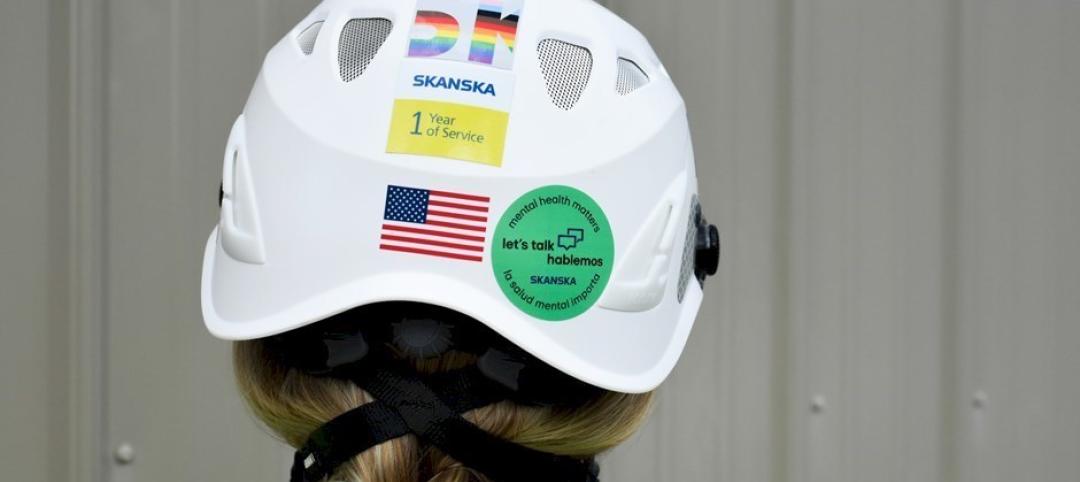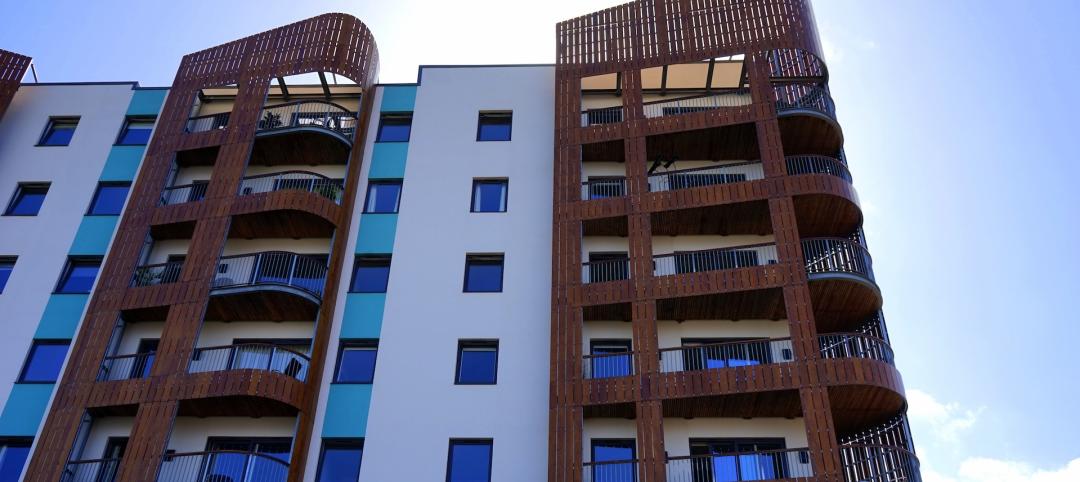Only 18 states and the District of Columbia have added construction jobs since just before the start of the pandemic in February 2020 despite a pickup in most states from October to November, according to a new analysis of federal employment data released today by the Associated General Contractors of America. Association officials said one reason employment is below pre-pandemic levels in many parts of the country is the lack of available workers to hire.
“Construction activity has picked up in recent months but still has not reached the employment levels of early last year in most of the country during what has become a very tight labor market,” said Ken Simonson, the association’s chief economist. “If contractors had found enough qualified workers, more states would have recovered fully by now from the pandemic-induced job losses,” he added, noting that job openings at the end of October exceeded the number of workers hired into the industry that month.
From February 2020—the month before the pandemic caused projects to be halted or canceled—to last month, construction employment decreased in 32 states and increased in only 18 states and D.C. Texas shed the most construction jobs over the period (-42,600 jobs or -5.5%), followed by New York (-39,700 jobs, -9.7%), California (-23,100 jobs, -2.5%), and Louisiana (19,800 jobs, -14.5%). The largest percentage losses were in Louisiana, Wyoming (-13.1%, -3,000 jobs), and New York.
Florida added the most construction jobs since February 2020 (8,700 jobs, 1.55), followed by Utah (8,200 jobs, 7.25), and Washington (6,200 jobs, 2.8%). The largest percentage gains were in South Dakota (10.5%, 2,500 jobs), followed by Idaho (8.7%, 4,800 jobs), and Utah.
From October to November construction employment decreased in 13 states, increased in 36 states and D.C., and was unchanged in Kansas. Louisiana lost the most jobs (-2,200 jobs, -1.8%), followed by North Carolina (-1,900 jobs, -0.8%) and New Jersey (-1,800 jobs, -1.2%). Louisiana also had largest percentage decline, followed by Oklahoma (-1.5%, -1,200 jobs), New Jersey, and North Carolina.
Florida added the most construction jobs between October and November (8,200 jobs, 1.4%), followed by Illinois (3,800 jobs, 1.7%) and Texas (3,600 jobs, 0.5%). Montana had the largest percentage gain (2.7%, 800 jobs), followed by Missouri (2.6%, 3,200 jobs) and Vermont (2.1%, 300 jobs).
Association officials said labor shortages are undermining the construction industry’s ability to fully recover. They urged public officials to boost investments in career and technical education and other programs that expose more people to construction career opportunities. They added that the association was working with its chapters and member firms to recruit more, and more diverse, people into the industry.
“It is time to stop giving students the incorrect impression that every good career requires a college degree and takes place in an office of one kind or another,” said Stephen E. Sandherr, the association’s chief executive officer.
View state February 2020-November 2021 data and rankings, 1-month rankings.
Related Stories
Market Data | Jul 5, 2023
Nonresidential construction spending decreased in May, its first drop in nearly a year
National nonresidential construction spending decreased 0.2% in May, according to an Associated Builders and Contractors analysis of data published today by the U.S. Census Bureau. On a seasonally adjusted annualized basis, nonresidential spending totaled $1.06 trillion.
Apartments | Jun 27, 2023
Average U.S. apartment rent reached all-time high in May, at $1,716
Multifamily rents continued to increase through the first half of 2023, despite challenges for the sector and continuing economic uncertainty. But job growth has remained robust and new households keep forming, creating apartment demand and ongoing rent growth. The average U.S. apartment rent reached an all-time high of $1,716 in May.
Industry Research | Jun 15, 2023
Exurbs and emerging suburbs having fastest population growth, says Cushman & Wakefield
Recently released county and metro-level population growth data by the U.S. Census Bureau shows that the fastest growing areas are found in exurbs and emerging suburbs.
Contractors | Jun 13, 2023
The average U.S. contractor has 8.9 months worth of construction work in the pipeline, as of May 2023
Associated Builders and Contractors reported that its Construction Backlog Indicator remained unchanged at 8.9 months in May, according to an ABC member survey conducted May 20 to June 7. The reading is 0.1 months lower than in May 2022. Backlog in the infrastructure category ticked up again and has now returned to May 2022 levels. On a regional basis, backlog increased in every region but the Northeast.
Industry Research | Jun 13, 2023
Two new surveys track how the construction industry, in the U.S. and globally, is navigating market disruption and volatility
The surveys, conducted by XYZ Reality and KPMG International, found greater willingness to embrace technology, workplace diversity, and ESG precepts.
| Jun 5, 2023
Communication is the key to AEC firms’ mental health programs and training
The core of recent awareness efforts—and their greatest challenge—is getting workers to come forward and share stories.
Contractors | May 24, 2023
The average U.S. contractor has 8.9 months worth of construction work in the pipeline, as of April 2023
Contractor backlogs climbed slightly in April, from a seven-month low the previous month, according to Associated Builders and Contractors.
Multifamily Housing | May 23, 2023
One out of three office buildings in largest U.S. cities are suitable for residential conversion
Roughly one in three office buildings in the largest U.S. cities are well suited to be converted to multifamily residential properties, according to a study by global real estate firm Avison Young. Some 6,206 buildings across 10 U.S. cities present viable opportunities for conversion to residential use.
Industry Research | May 22, 2023
2023 High Growth Study shares tips for finding success in uncertain times
Lee Frederiksen, Managing Partner, Hinge, reveals key takeaways from the firm's recent High Growth study.
Multifamily Housing | May 8, 2023
The average multifamily rent was $1,709 in April 2023, up for the second straight month
Despite economic headwinds, the multifamily housing market continues to demonstrate resilience, according to a new Yardi Matrix report.


